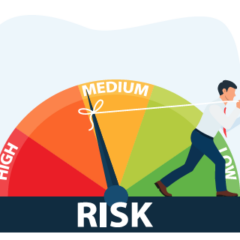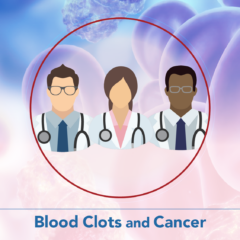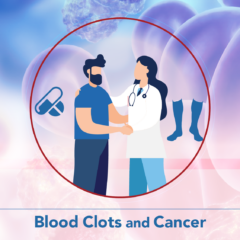Published on
Prediction and Prevention of Cancer-Associated Blood Clots
Special Series: Approaches to Patients with Cancer and Thrombosis (Blood Clots)
Plain language summary of Prediction and Prevention of Cancer-Associated Thromboembolism The Oncologist, January 2021
This research article talks about how to prevent blood clots in patients with cancer. Here are some of the key findings.
- Patients with cancer are more likely to get a blood clot than patients without cancer.
- The risk of getting a blood clot depends on the type of cancer you have, the kind of treatment you receive, and other factors.
- When in the hospital, patients with cancer may receive medicine to help prevent blood clots.
- Research also shows that people with cancer who are not in the hospital and at home may also benefit from medicine to help prevent blood clots.
- All patients with cancer should receive education about the signs and symptoms of blood clots.
- Guidelines suggest doctors should use a checklist to:
- identify all people with cancer who are at high risk for blood clots and
- offer them medicine to help prevent blood clots if they don’t have a high risk of bleeding for other reasons.
- If you or a loved one has cancer, you can learn more about the risk for blood clots here.



